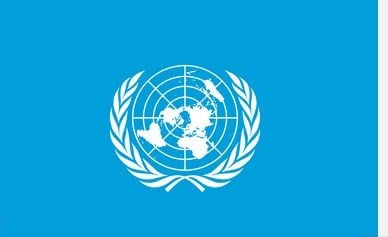News Flash
News Flash

BELM, Brazil, Nov 17, 2025 (BSS/AFP) - The UN's climate chief urged
ministers on Monday to avoid any "stonewalling" and speed up negotiations at
COP30 talks in Brazil, with nations divided on key issues with five days left
in the gathering.
Ministers have started to arrive to take over negotiations in the second week
of talks in the Amazonian city of Belem, with countries debating language
over weak climate commitments, insufficient financial pledges and trade
barriers.
COP30 is due to end on Friday but the UN's annual climate talks usually spill
into overtime as exhausted negotiators struggle to find compromises over how
to tackle climate change.
"There is a huge amount of work ahead for ministers and negotiators. I urge
you to get to the hardest issues fast," UN climate Simon Stiell told the
gathering. "I urge you to get to the hardest issues fast."
"When these issues get pushed deep into extra time, everybody loses. We
absolutely cannot afford to waste time on tactical delays or stonewalling,"
he said.
Three issues were blocking progress after a week of talks in the Amazonian
city.
China, India and other allied countries want COP30 to adopt a decision
against unilateral trade barriers -- a dig at the European Union's "carbon
tax" on imports of carbon-intensive goods such as steel, aluminum and
fertilizers.
Meanwhile, island states vulnerable to rising seas -- backed by Latin
American countries and the EU -- believe it is crucial for COP30 to respond
to the latest projections showing the world will fail to limit warming to
1.5C and step up their climate commitments.
But major emerging countries, from China to Saudi Arabia, do not want a text
that implies they are not doing enough to curb climate change.
The third point of contention is a bid by developing countries, especially
from Africa, to point the finger at developed nations for falling short on
providing financing to help adapt to climate change and cut emissions.
The Brazilian presidency published a memo Sunday evening summarizing these
divergent viewpoints and proposing options, some of which are contradictory.
"This is the Brazilian presidency setting the table for the end game," Li
Shuo, a climate expert at the Asia Society Policy Institute.
Ministers will have to "achieve the very delicate balance between these three
pieces," Li said.